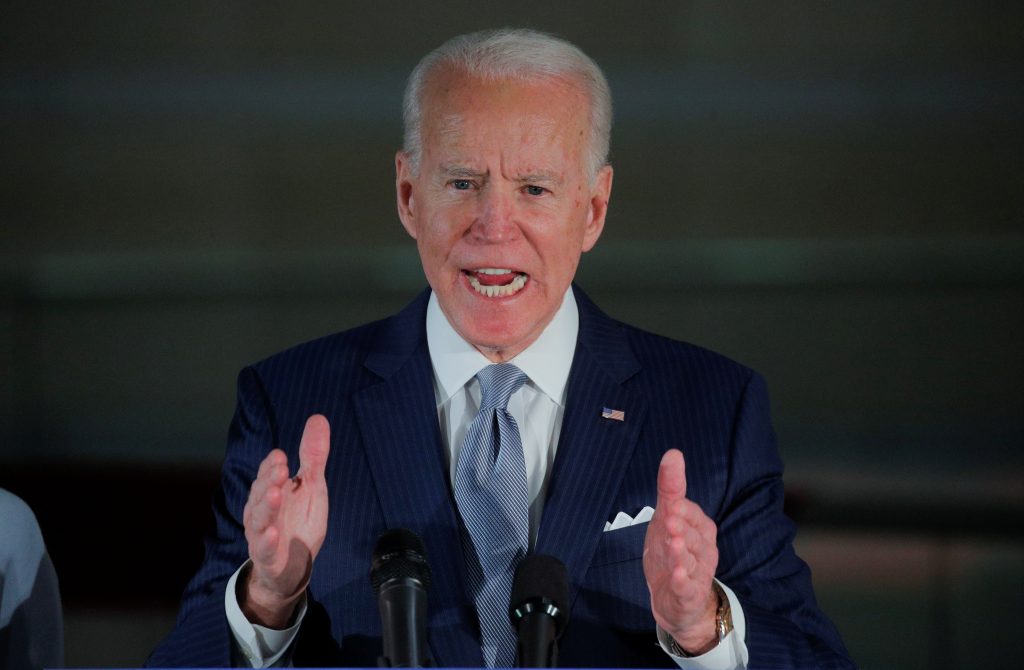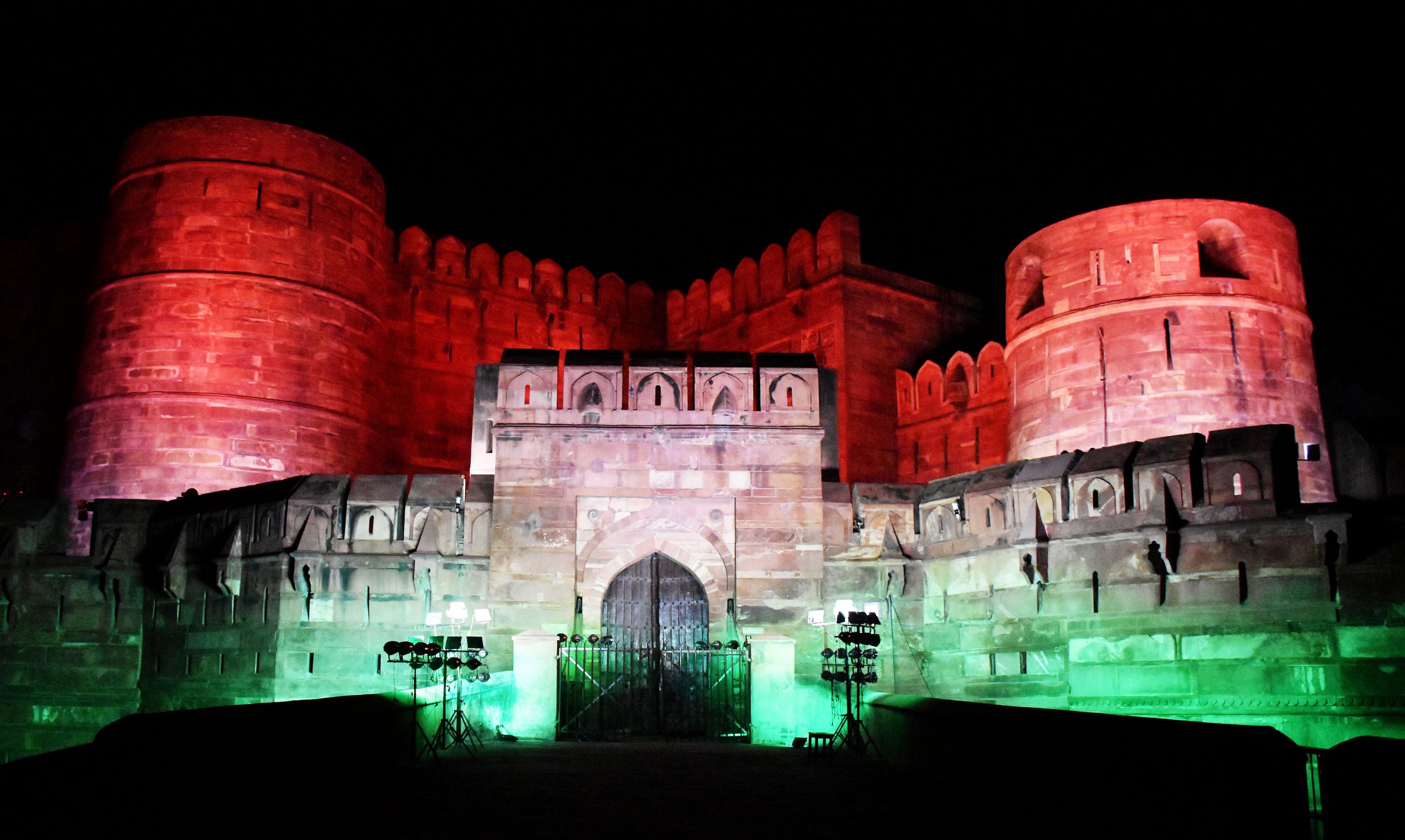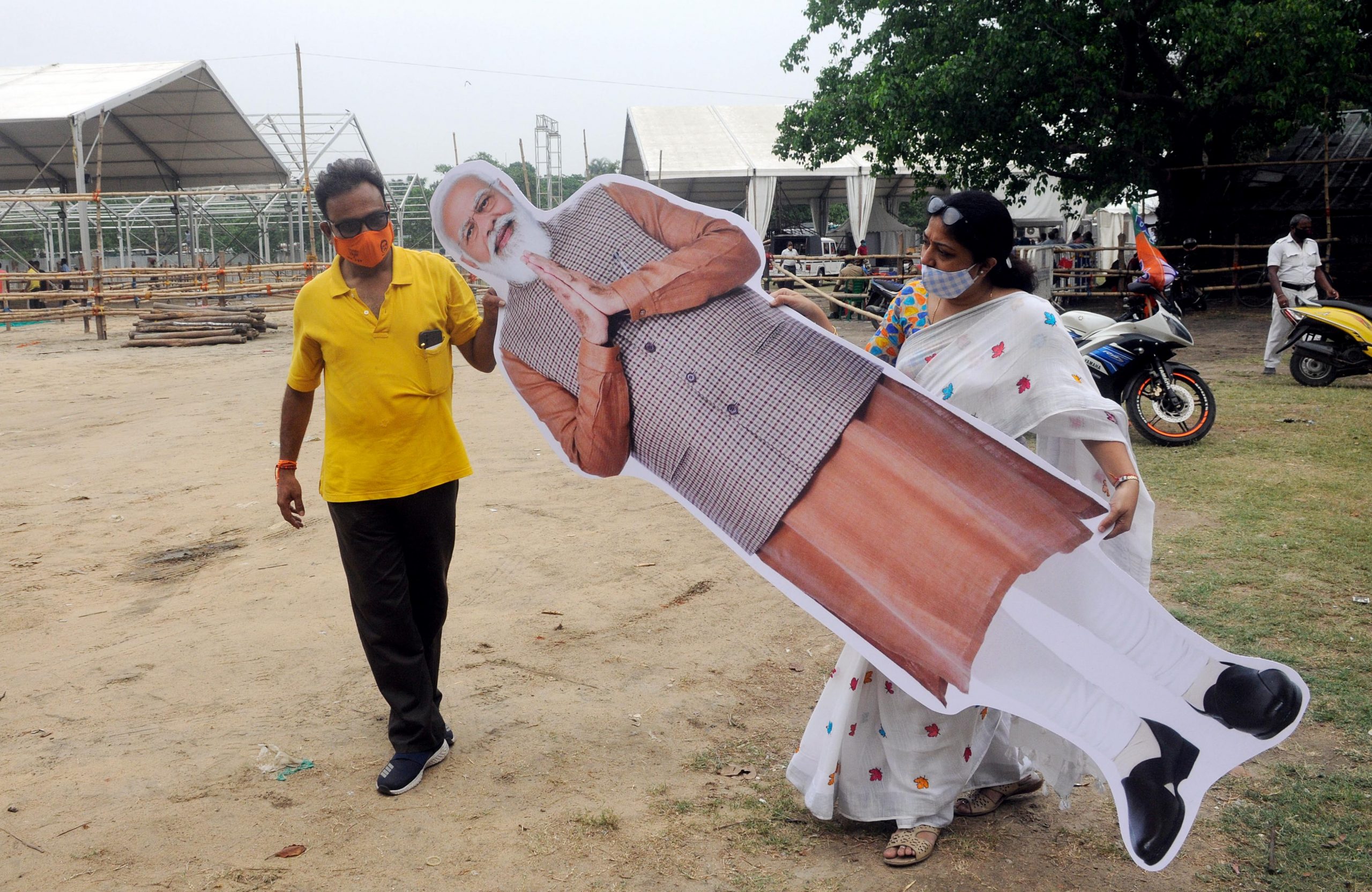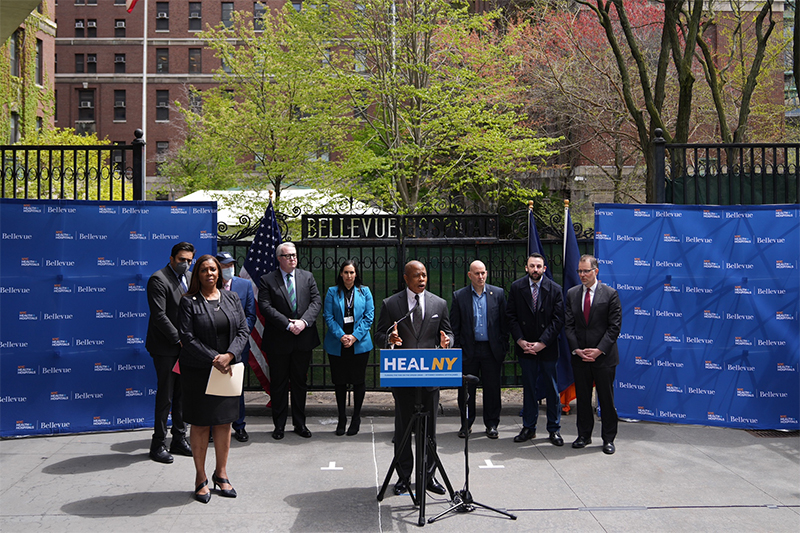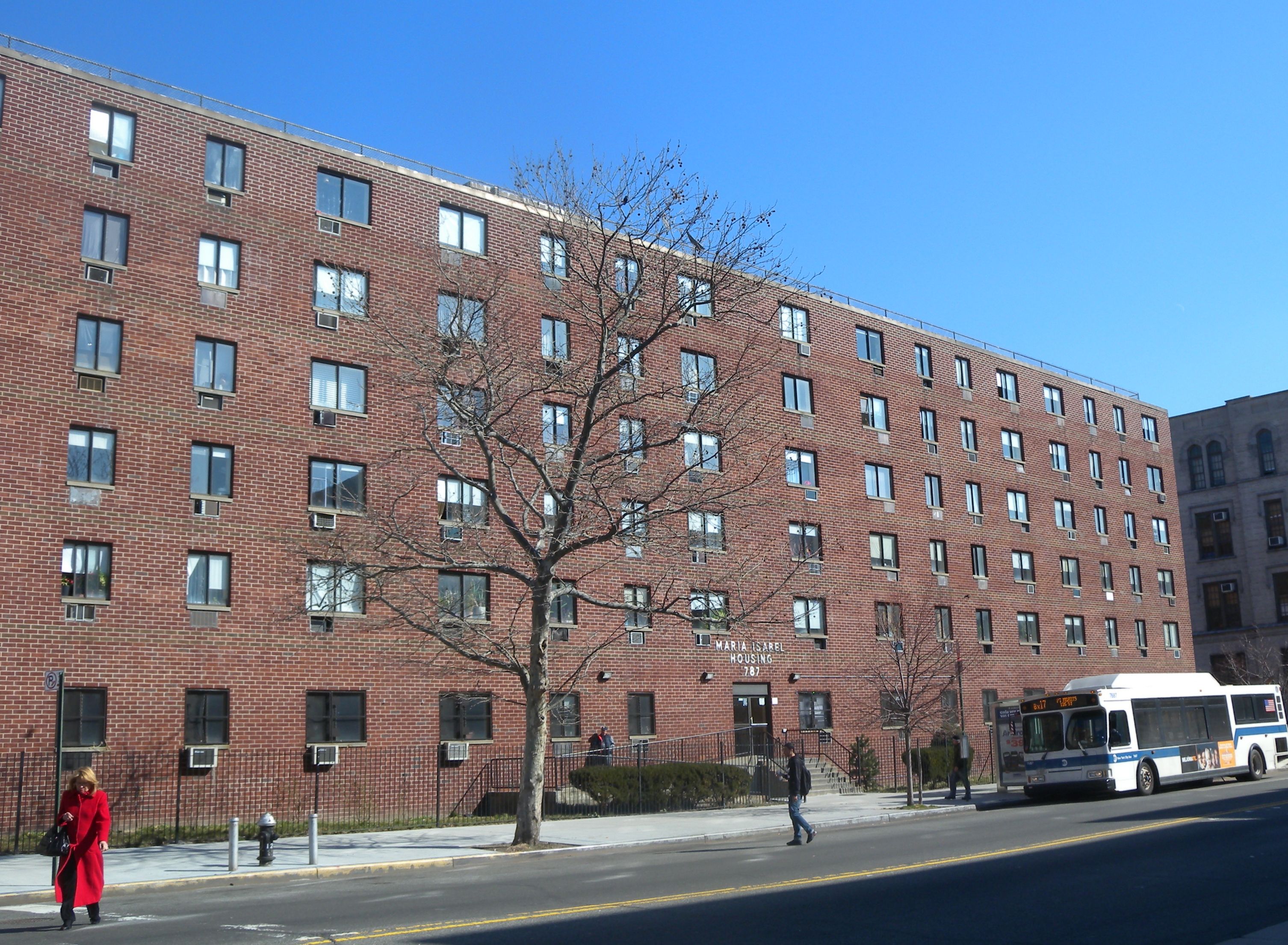Views and opinions from the top commentators in Indian media
“Can India expect a more nuanced policy under a Biden-Harris administration? Some within India’s foreign policy establishment fretted about a possible Biden-Harris victory during the presidential campaign. Their misgivings mostly stemmed from a small handful of carefully crafted comments from both aspirants about India’s decision to abrogate Article 370 and the state of Hindu-Muslim relations in India. These comments, however, unpalatable to India’s ruling party and its supporters, cannot be seen in isolation. Instead, they need to be contextualized. They represent friendly criticism from India’s well-wishers even though on issues of some sensitivity.
Looking past these nettlesome issues there are a host of matters where Indian and American interests will neatly dovetail during this administration. At the outset, the aggressive behavior of the PRC in Galwan and beyond has not gone unnoticed amongst the experienced foreign policy hands that will assume office on the afternoon of January 20 next year.”
Sumit Ganguly
The Times of India
“Joseph Biden’s victory has been greeted with the expected exhilaration and apprehension, which every newcomer to the White House experienced before. This time the exhilaration is more striking because it marks the end of a presidency that had trivialized American democracy, and held it up to global ridicule. But the apprehension will surface soon when the hoorahs are over and the changeover in Washington has been completed. The new administration will face the same challenges that its predecessors have faced since the end of the Cold War, and failed to address them.
Three decades after winning the Cold War the American state is facing a crisis that no one could have foreseen when the Soviet Union disintegrated. Instead of bringing peace, these decades have brought incessant war; instead of creating a new global order these wars have created global anarchy and fostered terrorism.”
Prem Shankar Jha
The Wire
“The incoming Joe Biden administration has chosen a foreign policy team of liberal internationalists in an era of hard-edged realism. The question for New Delhi is not whether they have knowledge or affection for India. There is an equilibrium in the India-United States (US) ties from which no administration will stray far. The question New Delhi needs to ask is whether the incoming Biden administration understands that the tenets of an earlier post-war global order increasingly no longer hold true. And that the primary reason for this is a powerful and pugnacious China.
Mr Biden’s senior-most appointments, Anthony Blinken as secretary of state and Jake Sullivan as national security adviser, are drawn from the Obama administration. The first Obama administration was a mix of isolationism and naivete. The second was a belated attempt to pushback against Beijing. Going by the statements of the Biden team, it is the experience of the second Obama term that animates them. But while they talk of the need to confront Chinese hegemony, this goes hand-in-hand with a desire to cut back US defense expenditure.”
Editorial
Hindustan Times
“Twenty-odd days after the American elections, in the whirlpool of political uncertainty, a few solid artefacts keep bobbing up and circling past: after four years of naked Trumpism, almost 74 million Americans still voted for the man to have a second term; about 77 per cent of these Trump voters — roughly 57 million people — seem to believe that the elections were fraudulent, that the nearly 80 million who voted for Joe Biden didn’t actually do so, that the actual number was far lower and their man actually won; after four years of Donald Trump and in the throes of the worst (and disastrously mismanaged) pandemic their country has ever undergone, the electorate still made sure that the House and Senate are almost equally divided between Democrats and Republicans; Trump will most likely have to relinquish the White House but he will probably try and take it back in 2024; Trump may or may not go to jail in the many cases prosecutors are waiting to lay against him, but the creed of Trumpism isn’t going anywhere anytime soon.”
Ruchir Joshi
The Telegraph
“As India and China look set to endure an acrimonious winter military standoff in the Himalayas, their recent skirmishes and domestic pressures make it difficult for governments in Delhi or Beijing to exit the imbroglio. The presence of three armed, nuclear states make South Asia potentially the world’s most explosive place. In such a scenario, the role of the US becomes crucial over the next few years. For the last two decades, the US has been fighting terrorism and small wars.
Unlike the neatly curated earlier alliances such as NATO and the Warsaw Pact, Asia in Cold War II exists in a complex web of relationships. Yet, semi-comatose groupings such as the QUAD – with India, Australia, Japan, the US – have now shown signs of spurring to life, with Australia recently declaring its intent to join the Malabar naval exercise in November. Author Robert Kaplan says that in the Indian Ocean, the rivalry between the US and China in the Pacific interlocks with the regional rivalry between China and India.”
Probal Dasgupta
The Quint
Every week, we look at what the top commentators in the Indian media are talking about and bring to you a slice of their opinions and comments.
















